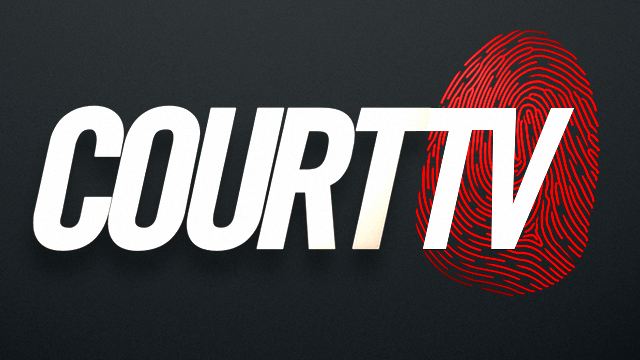Hire a Prison Consultant with
OVER 20 YEARS EXPERIENCE
We've helped over
Clients
Return to their families as quickly and safely as possible.
Let’s break down securities fraud like a pro! It’s not just about shady stock deals or insider trading; it’s a whole game of deceit and trickery in the high-stakes world of investments. We’re talking about everything from pumping and dumping stocks to cooking the books or slinging bogus financial data to unsuspecting investors. The bigwigs involved try to play the system to rake in illegal profits by fooling folks who are just trying to make a buck.
Here’s the Legal Lowdown on Securities Fraud: The law isn’t messing around when it comes to cracking down on these financial shenanigans. Under the major league rules of the Securities Exchange Act of 1934, specifically Rule 10b-5, it’s a no-go to deceive, defraud, or pull the wool over investors’ eyes when buying or selling securities. Then you’ve got the Securities Act of 1933, which zaps anyone trying to sell you investment dreams based on fairy tales. And let’s not forget the heavy hitter, the Sarbanes-Oxley Act, which can nail you for up to 25 years if you’re caught in serious fraud.
Who’s Keeping the Watch? The SEC (Securities and Exchange Commission) is the top dog here, sniffing out fraud and keeping the trading game fair. But the FBI and FINRA (Financial Industry Regulatory Authority) are also in the mix, ensuring that the market plays clean.
Sentencing: Don’t Drop the Soap Just Yet: If you get caught, sentencing is no joke. They’ll consider how big the scam was, your role in the hustle, how much dough investors lost, and whether you’ve been naughty before. First-timers might get a break if they play ball with the feds, but repeat offenders or big-time schemers could face serious time.
Caught in the crosshairs of a securities fraud charge? You’re gonna want someone who knows the ins and outs of the clink—like those sharp folks at Wall Street Prison Consultants. They’re the type to help you figure if you should fight the charges or cut a deal, prep you for what’s coming, and maybe even find ways to shave some time off your sentence. Trust me, in this high-stakes game, you want the best in your corner.






